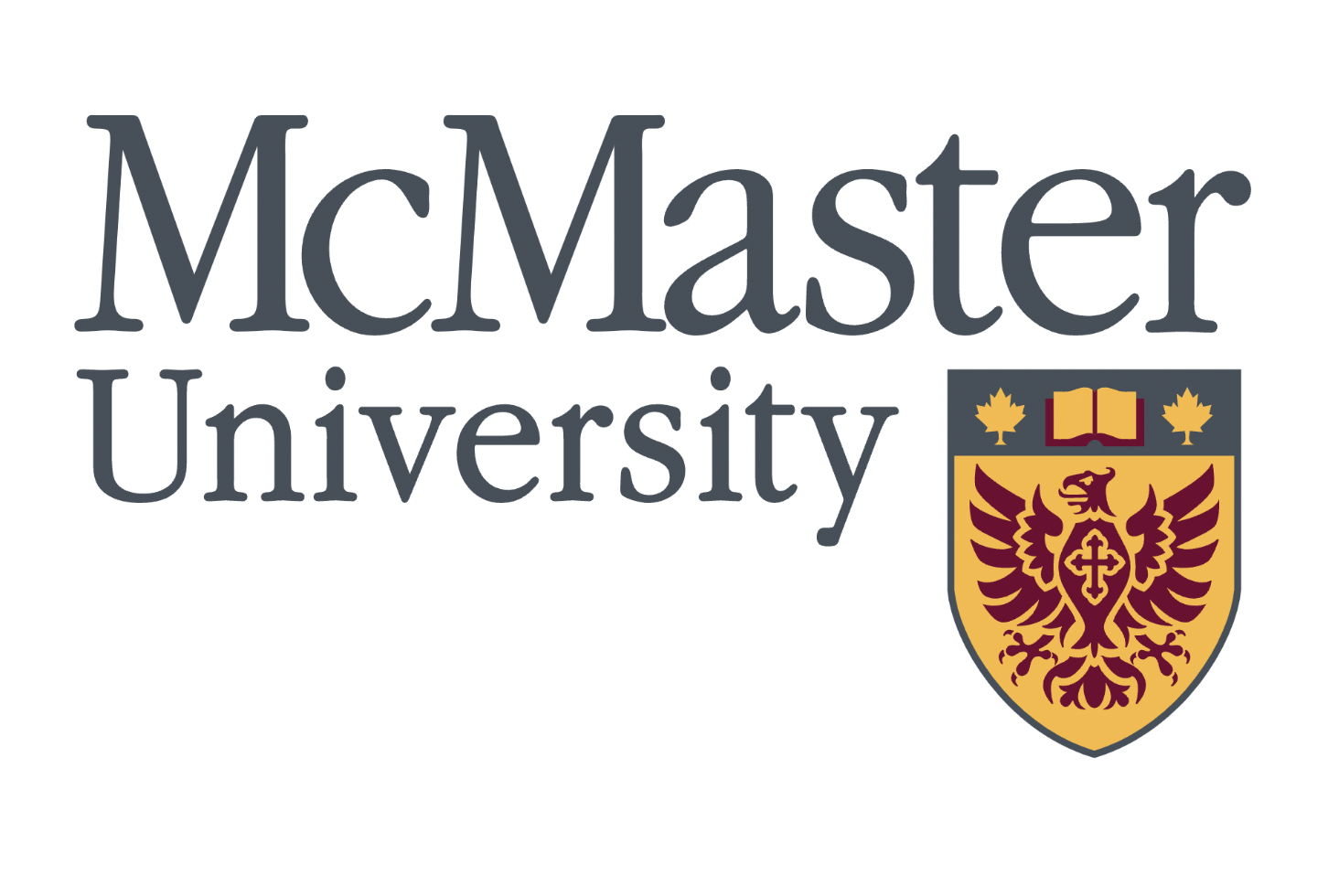The Hamilton Spectator – A McMaster University study on long COVID suggests that while most infected people are free of symptoms within 12 months, about 25 per cent continue to experience lingering effects such as coughing, fatigue and breathlessness.
The study’s senior author, Dr. Manali Mukherjee, has more than clinical interest in the topic: her symptoms didn’t abate until 18 months had elapsed after contracting COVID-19 early in 2021.
Mukherjee, a respiratory scientist and immunologist, told The Spectator that even today, her symptoms — fatigue and headaches that can lead to “brain fog” — return on occasion.
“It’s more manageable, if I have a relapse I can take care of it,” she said. “I think I’m one of the luckier ones.”
Her research, conducted at the Research Institute of St. Joe’s Hamilton, was published in September in the European Respiratory Journal.
Mukherjee stressed that those who experience lasting symptoms after COVID should not feel anxious, because research suggests full recovery is by far the most likely outcome, even in severe cases.
“There is no point being alarmed,” she said. “You don’t want to ignore long COVID symptoms, but have faith you will get better and that by 12 months possibly all the symptoms will be gone.”
Dr. Manali Mukherjee, a respiratory scientist and immunologist, and assistant professor of medicine at McMaster University, says most long COVID symptoms disappear after one year.
She added that if symptoms persist you should seek medical attention, ideally from a rheumatologist, who specializes in auto-immune diseases (when the body attacks its own tissues and organs).
The study entailed following the progress of 106 people who were recovering from the respiratory virus in Hamilton and Vancouver. All participants were otherwise healthy with no pre-existing auto-immune conditions.
Mukherjee led her study in collaboration with researchers from the University of British Columbia …



